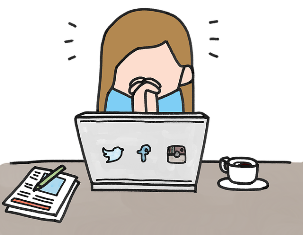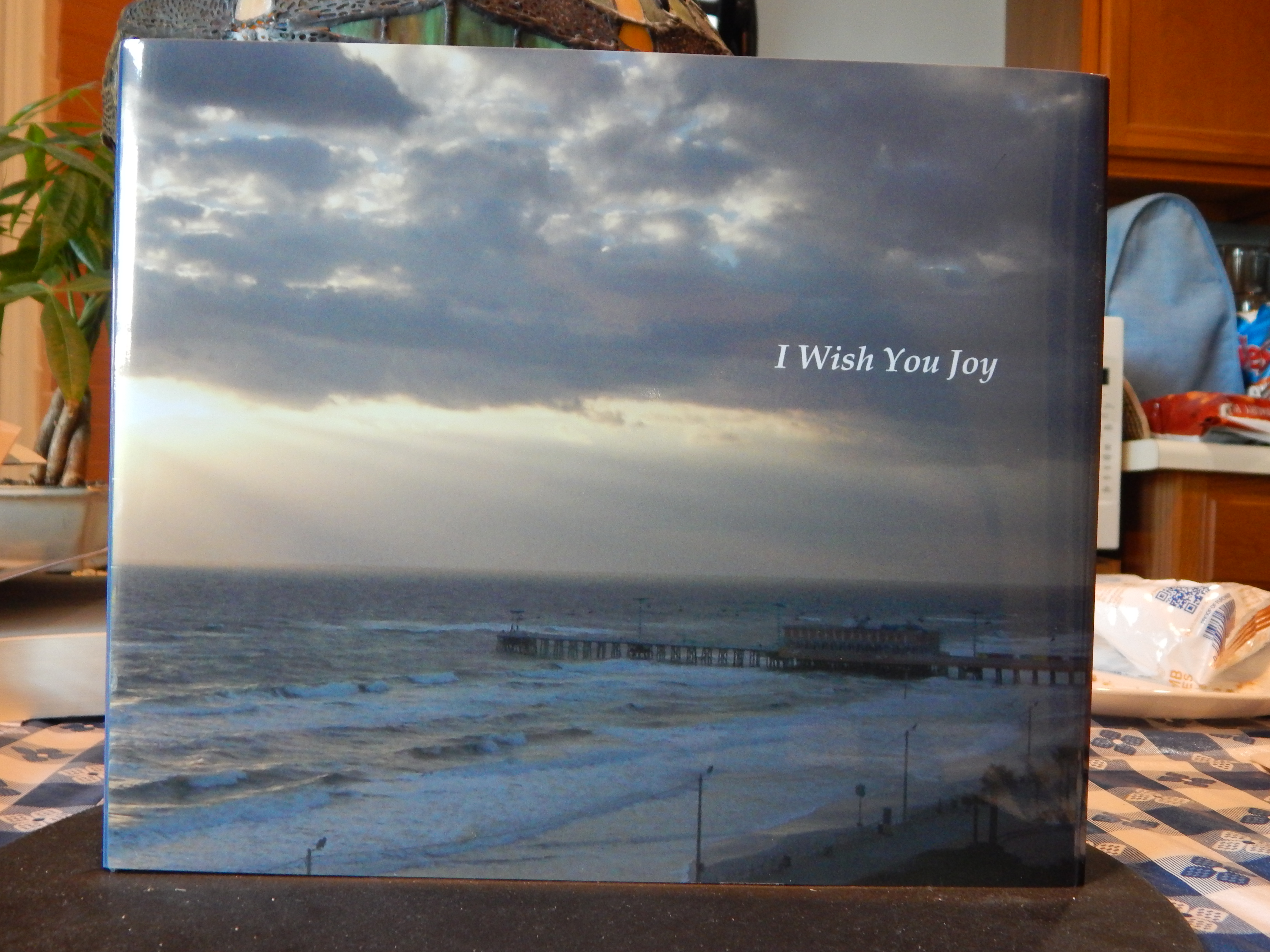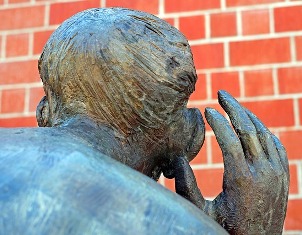Proof Vampires Are Real
Proof Vampires Are Real
A few days ago, I read an article in Ars Technica about some archeologists who discovered the burial of a 10 yr old child in a 5th century Roman site in Italy. The child was buried with a rock in its mouth. This practice was done to keep the body from rising from the grave. It is believed the child died from malaria and the rock was to prevent the child from returning and spreading the disease.
 picture by David Picked of Stanford University
picture by David Picked of Stanford University
The locals are calling this corpse the Vampire of Lugnano and is believed to be one of the more unusual preventatives to a body from rising and wreaking havoc like spreading disease to the living. It goes to the belief that vampires must be, might be, could have been, were believed to be, REAL.
I’ve studied this belief of, and in, vampires for over forty years and in every major civilization in every continent around the world. The legend of the vampire, or some version thereof, is deeply seeded in every culture with stories and legends, and makes one wonder if so many believed, why is the possibility of real vampirism also dismissed as a lie?
From the Ars article: QUOTE: Pretty much every culture on Earth has some version of a vampire (or proto-vampire) myth. Chinese folklore has the Jiang shi, [corrected] which are reanimated corpses that rise from the grave to prey on the living; one type has sharp fangs, the better to bite into the neck of said prey. Russian, Albanian, Indian, and Greek folklore have similar undead monsters. Russian villagers in the Middle Ages often drove stakes into the bodies of suspected vampires upon burial to keep them from rising again. UNQUOTE
Again, if so much is believed, then there must be some truth just out of reach. Other cemeteries have odd practices, and it is believed that the Romans even used witchcraft to spell the evil to stay within the bodies. However, burials with stones in the mouth is very eerie and uncommon and drew a great deal of attention to this excavation.
There was a previous discovery of a burial where a 16th century Italian woman was buried with a brick in her mouth. She was discovered in 2009 and the discoverers named her the Vampire of Venice. (Photo courtesy of National Geographic Television)
Archeologists learn a great deal about a civilization’s culture from the way they bury their dead. The dead do not bury themselves, therefore, how a people perceive death and the possibilities of what happens after death, are telling in these discoveries.
Again, I have to ask, with so many cultures afraid of the chance of rising from the grave, of a chance that vampires may be near, why are we so quick to scoff at such a fear?
VIVISEPULTURE
You know the English used to bury their dead with a rope in the coffin tied to a bell up above. If you woke and proved you weren’t dead, you pulled the rope and it rang the bell above. Truth was there weren’t any documented cased who were saved from suffocation in their coffins. But some of those buried rose without ever ringing the bell and families have told tales. And they were never found again. Thus buried alive, vivisepulture, was the precursor to vampirism. Embalming seemed to correct this problem. Still, families did dig up their family members to check to see if they were truly dead. Many did not go back into the ground. Why not?
 Picture of Safety Cross, courtesy of Kimberly Bannister
Picture of Safety Cross, courtesy of Kimberly Bannister
I believe Vampires are real. There are too many cultures afraid to be less than the truth.
If you are a writer and you want to give new life to a tired trope like the vampire, consider the realities of a culture and their long-held beliefs in superstitions. There is always a bit of truth in every legend. Find it and give new life to your stories. Every day there are new discoveries that give a twist to the vampire mythos. Make use of them, be inventive, surprise us. History certainly does, so why not you?
New life. Like the vampires. A Legend that will not die because they don’t.
Something to think about late at night. Perhaps while you write. Or read. Listen for the bells.
___________________________________________________________________
Yours Between the Lines,
Sherry

















 When a 22 year old publishes a book I can’t help but lift an eyebrow. There are few folks who are phenoms and publish brilliant works so young. Yes, there are some who succeed early and are wildly successful – V.E. Schwab comes to mind. She published at 24 and is now 31 and is a USA Today and NYT Bestselling author (and wow is she good). Most of us will never be her. And that is hard truth for many. But hope rises and young people, eager to get in the tide flow, jump in before they are experienced, seasoned, learned, practiced and oh…dear….I do wish they wouldn’t.
When a 22 year old publishes a book I can’t help but lift an eyebrow. There are few folks who are phenoms and publish brilliant works so young. Yes, there are some who succeed early and are wildly successful – V.E. Schwab comes to mind. She published at 24 and is now 31 and is a USA Today and NYT Bestselling author (and wow is she good). Most of us will never be her. And that is hard truth for many. But hope rises and young people, eager to get in the tide flow, jump in before they are experienced, seasoned, learned, practiced and oh…dear….I do wish they wouldn’t.



